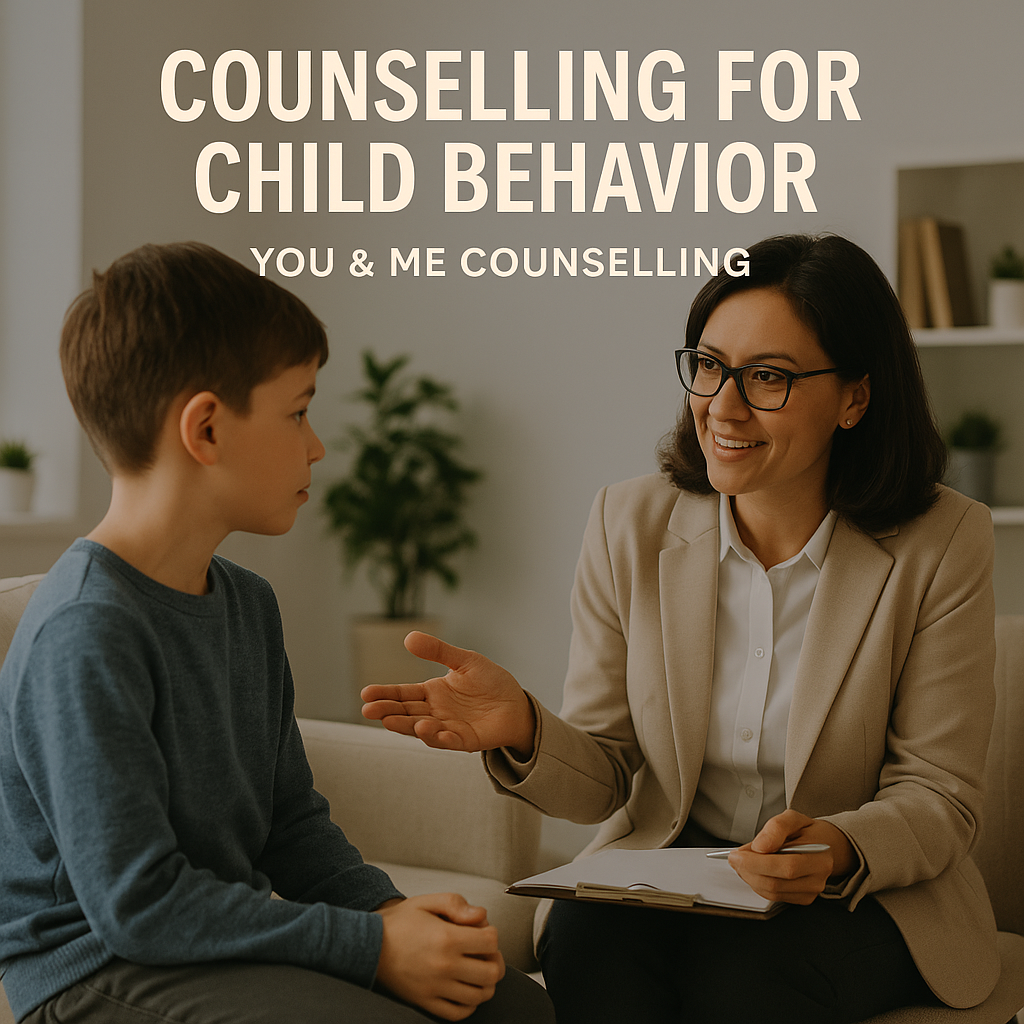
🌱 Understanding and Supporting Your Child’s Behavior: A Counselling Approach
Children often react without giving much thought to how their emotions influence what actions they take, which is where child counseling comes in handy. By learning to create space between emotions and actions taken, child therapy enables kids to control how their reactions play out and take more considered steps when responding.
Children acting out are sending a strong signal that something is amiss or their needs aren’t being met, and counseling provides invaluable support in building healthier coping mechanisms for the future.
Overview
Effective counseling programs for children must be tailored specifically to each one, taking into account factors like their age, developmental level and temperament as well as any physical or mental health conditions which might contribute to challenging behavior.
Understanding what a child’s difficult behaviors are trying to communicate can help adults figure out how best to respond and teach positive ways for children to express themselves. Challenging behaviors could be used as a means to get attention, escape an activity they dislike or meet sensory needs; among many other uses.
Change of disruptive behavioral patterns can be more easily managed in their initial stages; however, even established behaviors can be modified with sufficient support. When children feel respected and their needs met, they are less likely to use disruptive behaviors as a form of communication and instead learn lifelong coping skills and problem-solving strategies for dealing with challenging situations – helping prevent unnecessary acting out that could negatively impact their lives.
Key Points to Cover
Certain behaviors must not be tolerated even by loving families. This includes actions which cause harm to others or violate ethical or religious values as well as those which break the law. If your child engages in these types of behaviors, counseling should be sought immediately.
There is nothing unusual in children experiencing tantrums or meltdowns at times; it can be difficult to know when these behaviors become excessive, however if your child experiences frequent or extreme tantrums, difficulty focusing in school or withdraws from friends it could be an indicator they require therapy.
Children may also suffer from mental health disorders like anxiety or depression, so having access to a therapist may be beneficial in learning coping mechanisms and strategies to overcome such challenges. A therapist may also teach ways for the child to regulate his emotions better and communicate better with his parents – which will have an immense positive effect on later adult life.
How Counselling Can Help
Provide children with healthy coping strategies can increase their resilience against life’s challenges and foster stronger relationships among peers and family – creating the basis for long-term emotional well-being.
Mental health counselors use techniques like Cognitive Behavioral Therapy and psychotherapy to help children identify distortions in their thought patterns that contribute to undesirable behaviors, such as bullying. Psychotherapy also allows children to process the emotional aftermath of trauma safely.
Counseling can be helpful for children exhibiting extreme mood swings or withdrawing from social interactions, as well as those struggling with academic performance. Parents navigating unresolved conflicts with their child may also benefit from counseling sessions; depending on its cause, counseling could also include family therapy components to facilitate better communication among family members – this approach being especially useful when treating mental health disorders; applied behavior analysis (ABA) is commonly employed to treat autism spectrum disorders, anxiety and panic disorders, extreme phobias and anger management issues.
Goals
Counseling for child behavior provides children with tools that will assist them in better managing their emotions and behaviors, developing healthy relationships, improving academic performance and creating a supportive environment for mental wellbeing. Counsellors may use methods such as applied behavior analysis, play therapy or cognitive behavioral therapy in counselling sessions.
Counseling provides both children and parents with assistance in understanding their emotional needs. Furthermore, counseling empowers both parties by offering advice on addressing any child behaviors, as well as any underlying issues, in order to prevent destructive patterns from continuing into adulthood. This may include teaching parenting strategies and creating nurturing home environments.
Behavioral therapy can be immensely helpful for children struggling with autism, but it’s important to keep in mind that this disorder doesn’t directly cause unwanted behavior; such symptoms usually arise due to unmet sensory needs or slow processing issues. PCIT offers two-phase treatments programs designed to teach your child to accept limits, follow directions, respect rules and regulations and behave in public appropriately.